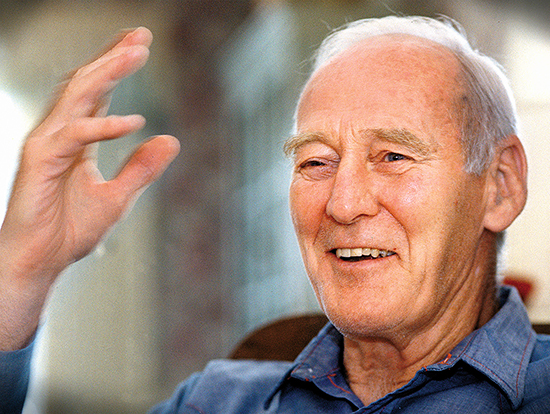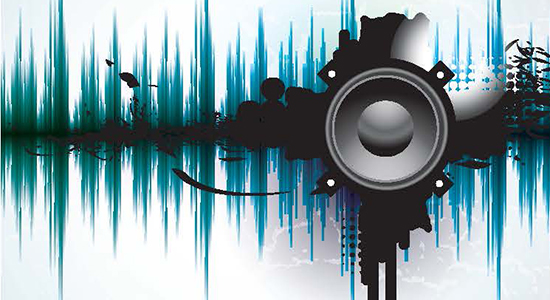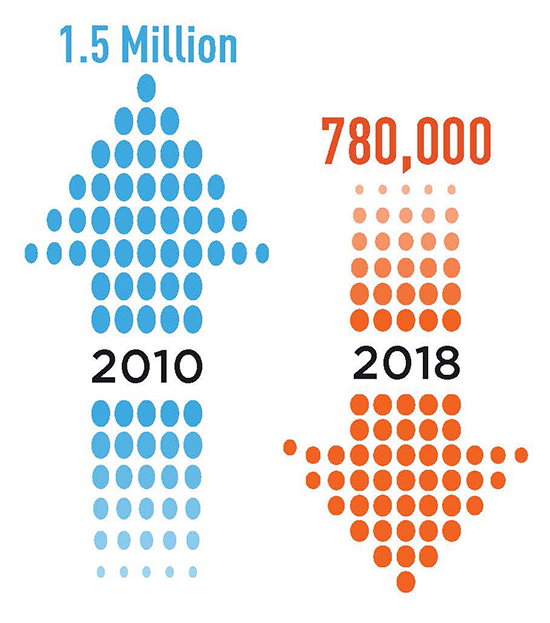Quotable
“I saw in Dick, kindness and
toughness, confidence and humility.
It would take me decades to realize
that those pairs were the bedrock of
great leadership.”

– James Comey, former FBI Director, speaking about the late Richard “Dick”
Cates, a renowned Madison trial lawyer who advised the Congressional committee
that voted to impeach President Richard Nixon in 1974.
In his new book, A Higher Loyalty: Truth, Lies, and Leadership, Comey notes
that, as a young lawyer in New York, he worked with Cates on an insurance case
in Madison.
Dick Cates in 1999. Photo: John Maniaci – Wisconsin State Journal
Out There
Play-Doh: Not the Best
Material for Shoplifters

In Massachusetts, a shoplifter used Play-Doh to
cover anti-theft devices on products he was trying
to steal at Walmart. When it didn’t work (the theft
alarm still triggered), the suspect fled the scene
but left behind traces of Play-Doh, preserving a
clear fingerprint.
Five months later, the fingerprint matched
those in a national database and police charged
one Dennis Jackson. By that time, he was in jail
for other crimes.
Source: Telegram.com; Legally Weird
Tech Tip
Did You Hear ‘Laurel’ or ‘Yanny’?

A great social media debate of 2018 (similar to the dress-color debate of 2015) focuses on whether
the word “Yanny” or “Laurel” is heard in an audio clip. People listening to the exact same clip disagree
on what they heard.
Several aspects of the trending debate on social media prompted thoughts about applications in
the legal field.
First, this adds to the debate of the reliability of witness recall testimony. If something as simple
as an audio recording can lead to different answers, shouldn’t that affect the reliability of witness
testimony?
Second, the debate has gone viral on social media, prompting the question: How can lawyers use
a social media marketing strategy to make a campaign go viral and generate free advertising?
Third, think about the different perspectives people have after viewing content. It’s important to constantly take a self-inventory of
how you present yourself and your law firm. Don’t be afraid to embrace change and adapt to meet the shifting needs of your clients and
the market.
Source: Christopher C. Shattuck, Practice Management Advisor (Practice 411™), State Bar of Wisconsin
Good Idea
Mandatory Technology CLE?

The North Carolina State Bar wants its state supreme court to change continuing legal education
rules to mandate that lawyers annually receive one hour of CLE devoted to technology training.
If it passes, North Carolina will be the second state to do so. In Florida, lawyers are required to
earn three hours of technology CLE every three years.
“The change sends an important message: that lawyers need to understand how technology is affecting
the delivery of legal services,” Andrew M. Perlman, dean of Suffolk University School of Law
in Boston, told Bloomberg Law. Perlman chairs the American Bar Association’s Center for Innovation.
Wisconsin lawyers may earn up to six hours of CLE on practice management and technology issues,
but it is not a requirement.
Ellen Murphy, who teaches professional responsibility at Wake Forest School of Law, told
Bloomberg Law that requiring technology CLE is a good idea, so long as it is the right type of technology
training.
“There are obvious categories of tools in which lawyers need training, including billing, e-filing,
and calendaring,” she said. “What is needed more, to comply with the rules governing lawyers, is an
understanding of how these tools work.”
Source: Bloomberg Law
By the Numbers
780,000

– The number of bankruptcy filings nationwide for
the 12-month period ending on March 31, 2018. The
number marks a 1.8 percent decrease in filings from
the previous year and continues the national trend of
reduced bankruptcy filings since topping 1.5 million
in 2010.
Source: U.S. Courts News
On the Radar
Decision Expected in
Gerrymandering Case

The U.S. Supreme Court typically reserves its
highest-profile cases for release at the end of
June each term.
Gill v. Whitford, the Wisconsin-based
gerrymandering case, will most certainly
be among those this term.
The nation’s high court is expected
to decide whether redistricting maps
that Republican lawmakers drew in
2011 violated the U.S. Constitution.
A special three-judge panel
previously ruled (2-1) that
Wisconsin’s redistricting plan was an
impermissible partisan gerrymander,
concluding the maps “systematically dilute[d]
the voting strength of Democratic voters and
intentionally burdened their representation rights.”
Either way, a decision is likely to have a nationwide
impact on the 2018 November election cycle and
beyond, particularly in Wisconsin. The redistricting
process occurs every 10 years, after the federal census.
The Wisconsin Legislature draws the voter maps. In
the last cycle, Republicans controlled the redistricting
process.
